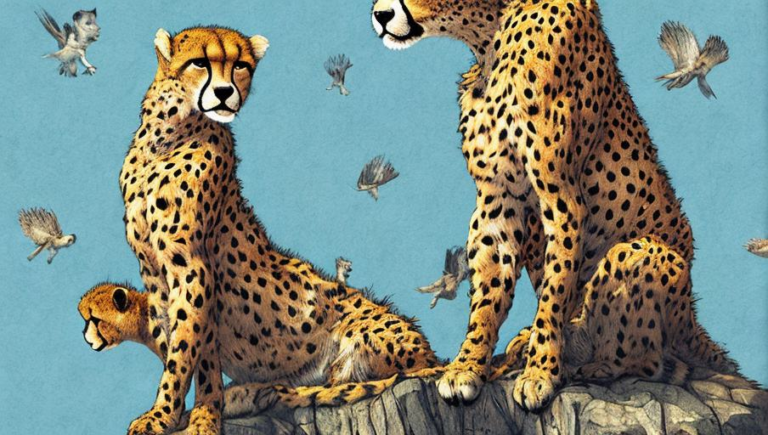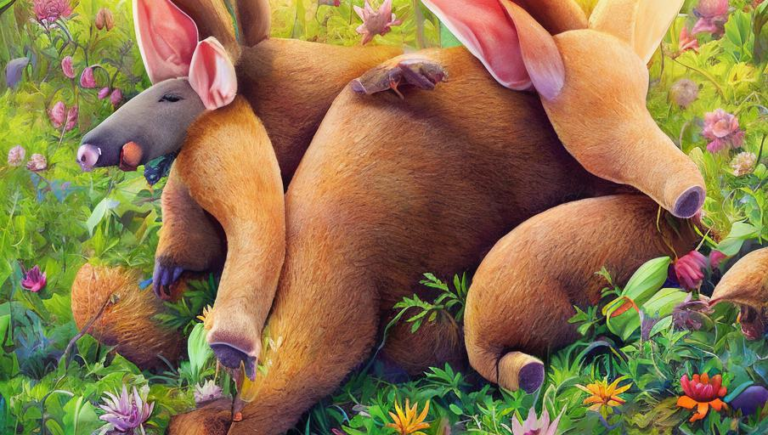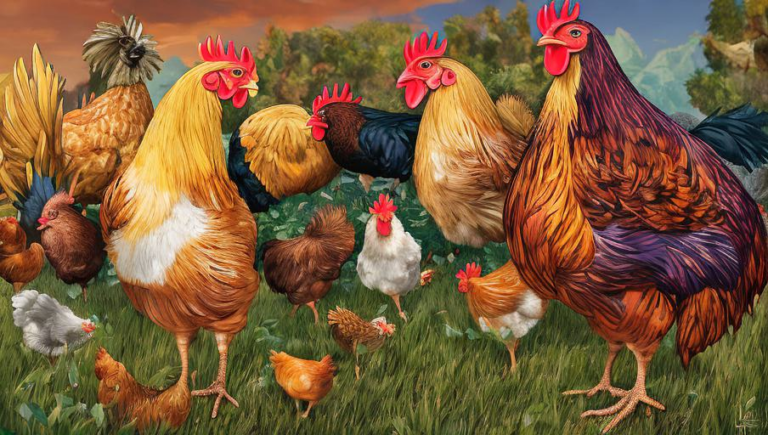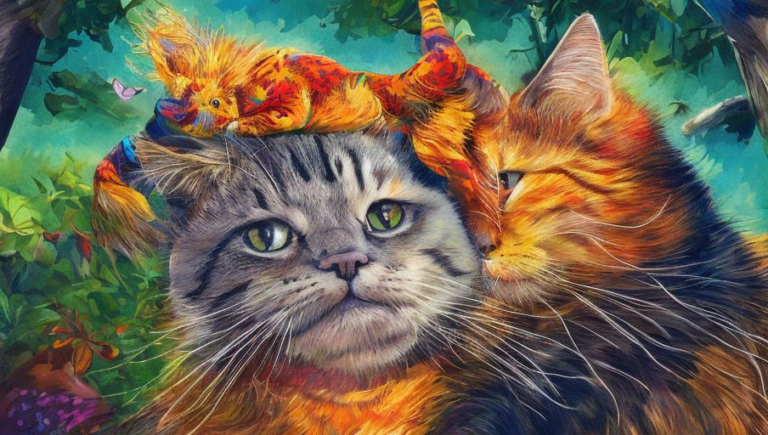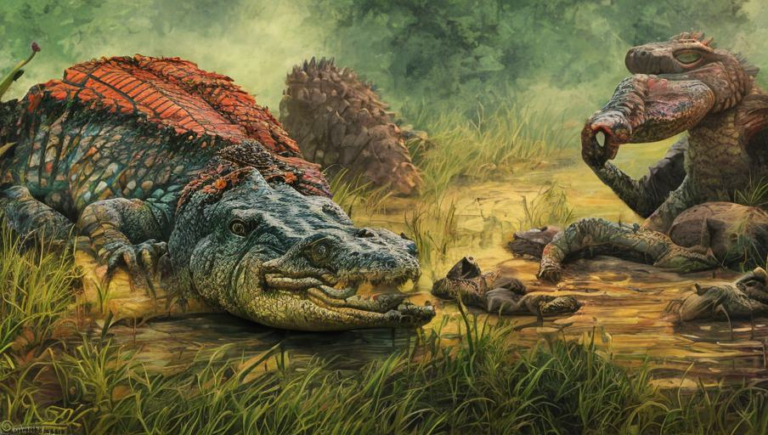Intriguing Facts about Bear Behaviors
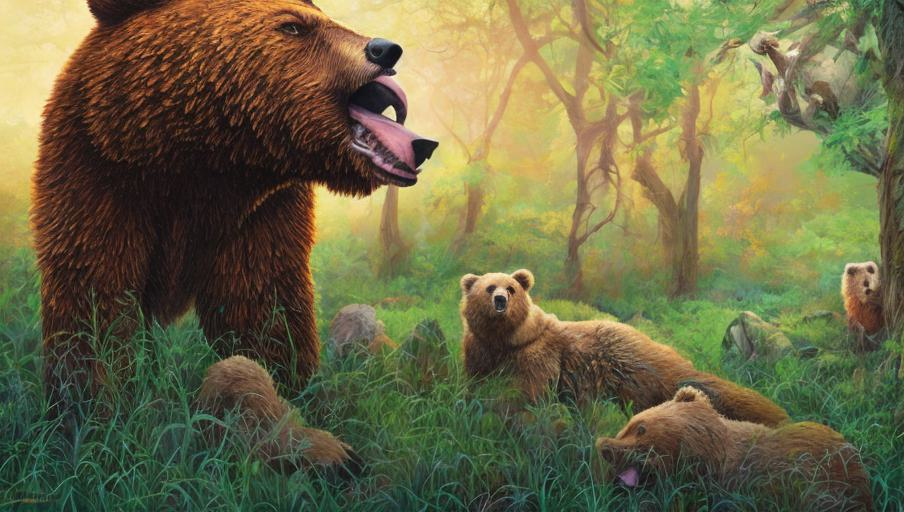
Introduction
Bears are some of the most impressive creatures on the planet. The largest species, the polar bear, can weigh up to 1,500 pounds and measure up to 8 feet tall. These powerful and majestic animals live in a variety of habitats, from the deep forests of North America to the icy tundras of the Arctic. Bears are intelligent, resourceful creatures and their behavior can be extremely intriguing. In this article, we’ll explore some interesting facts about bear behavior.
Feeding Patterns
Bears are omnivores, meaning they eat both plants and meat. The majority of their diet consists of plants, insects, and other small animals. However, they will also eat dead animals, fish, and sometimes even larger animals when they can catch them. Bears are also able to consume large amounts of food in a short period of time and store it in their stomach and intestines. This helps them survive during long periods of cold and darkness.
Socialization
Contrary to popular belief, bears are actually quite social creatures. They live in small family groups, usually consisting of a mother and her cubs. Bears interact with each other through vocalizations, scent marking, and even play. Females will often stay with their cubs for up to two years, teaching them important survival skills. Bears will also often share food and grooming with other members of their family.
Mating and Reproduction
Mating season for bears typically occurs in the summer months. During this time, male bears will compete for the attention of female bears. If a female bear is receptive, the two will mate and the female will give birth to cubs in the winter months. The cubs will stay with their mother until they are ready to venture out on their own.
Hibernation
One of the most interesting facts about bear behavior is that they hibernate in the winter months. Hibernation is a process where their metabolism slows down and they become inactive. During this time, they do not eat, drink, or eliminate waste. This allows them to conserve energy and survive during periods of harsh weather. Bears typically wake up in the spring and begin searching for food.
Protective Behavior
Bears are highly protective of their young, and will defend them from any potential threats. They have been known to attack larger animals, such as wolves and even humans, if they feel their cubs are in danger. This protective behavior can be seen in other species as well, but bears are particularly protective of their cubs.
Conclusion
Bears are some of the most fascinating animals on the planet. From their diet to their social behavior, they have many amazing qualities. They are also highly protective of their young and will go to great lengths to protect them. Bears are incredible creatures, and learning more about their behavior can be a fascinating experience.

